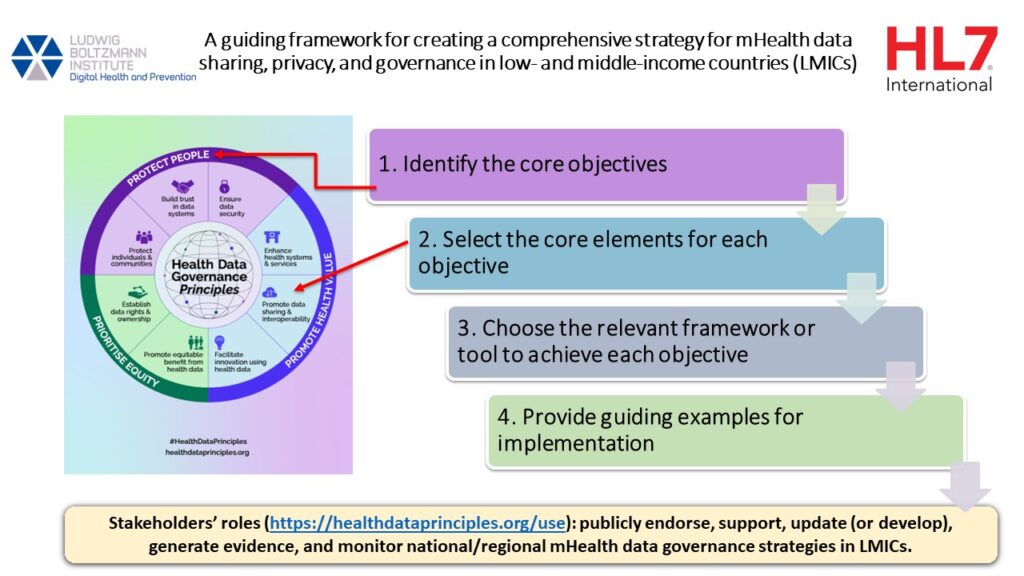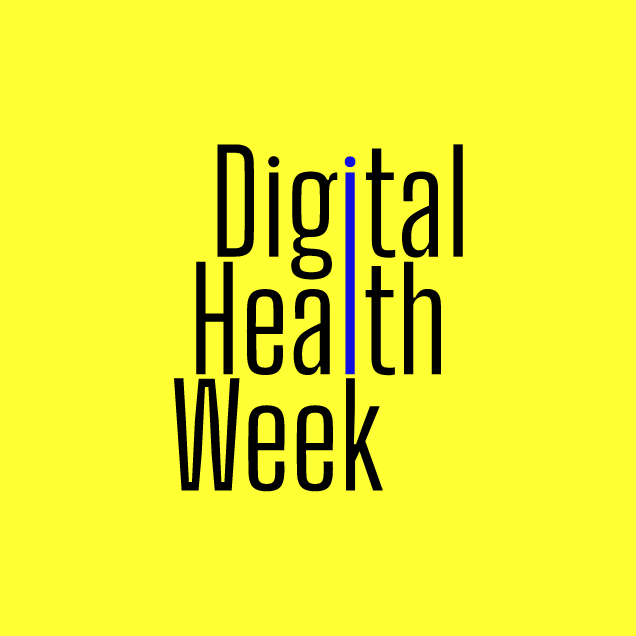

Compromisos
Los compromisos de la Semana de la Salud Digital pueden ser financieros, programáticos, regulatorios/políticos, de promoción, basados en investigaciones o centrados en la diversidad y la inclusión. Estos compromisos se muestran en el sitio web y sirven como mecanismo público de rendición de cuentas para su organización.
Muestre el trabajo en curso y los planes futuros de su organización para acelerar la transformación digital de la salud asumiendo un compromiso SMART (específico, medible, alcanzable, relevante y con plazos determinados).
Si desea asumir un compromiso o reafirmar un compromiso anterior, haga clic en el cuadro a continuación.

Instituto Ludwig Boltzmann de Prevención y Salud Digital
-
 Global
Global
-
 Regulación y política
Investigación y Conocimiento
Regulación y política
Investigación y Conocimiento
-
 2022
2022
By December 2022, the Ludwig Boltzmann Institute for Digital Health and Prevention will publish a guiding framework for creating a comprehensive strategy for mHealth data sharing, privacy, and governance in low- and middle-income countries (LMICs) underpinned by the Principios de gobernanza de datos sanitarios.
Instituto Ludwig Boltzmann de Prevención y Salud Digital
-
 Global
Global
-
 Regulación y política
Investigación y Conocimiento
Regulación y política
Investigación y Conocimiento
-
 2022
2022
Instituto Ludwig Boltzmann de Prevención y Salud Digital
-
 Global
Global
-
 Regulación y política
Investigación y Conocimiento
Regulación y política
Investigación y Conocimiento
-
 2022
2022
¿Cómo contribuirá su compromiso a la transformación digital de la salud y el uso eficaz de los datos para lograr la CSU para 2030 en su país o región de enfoque específico?
Within the past decade, global health organizations and research institutions addressed the potential of digital health (through several mHealth initiatives) in revolutionizing the health systems in Low- and Middle-income Countries (LMICs). Furthermore, digital health plays an essential role in achieving the United Nation (UN) the Sustainable Development goals (SDGs), mainly Universal Health Coverage (UHC). Recently, COVID-19 had accelerated the adoption of digital health tools in LMICs to a great extent. However, ethical challenges are considered one of the main obstacles in digital health in which data privacy, protection, and consent along with ethical concerns relating to data ownership should be resolved. Particularly in LMICs, we need to address how to create a national health data governance strategy that will ensure data sharing and privacy protection.
The developed framework will provide a guideline for creating similar mHealth data governance strategies in LMICS (based on the novel framework of Health Data Governance Principles). We have identified three objectives for PCD governance, namely:
– Prioritize equity through establishing PCD rights and ownership,
– Protect people through building trust (patients’ perspective)
– Promote health value through enhancing systems and services (health system’s perspective)



